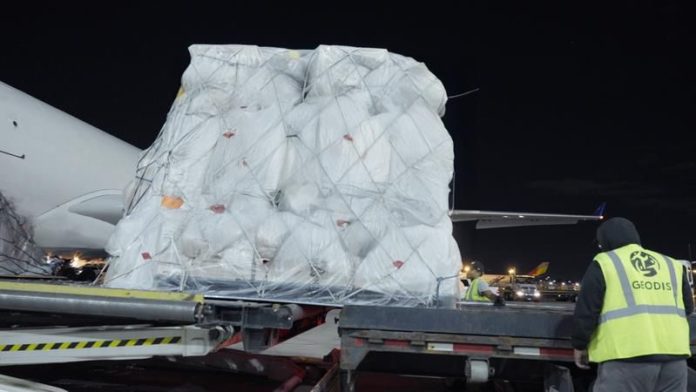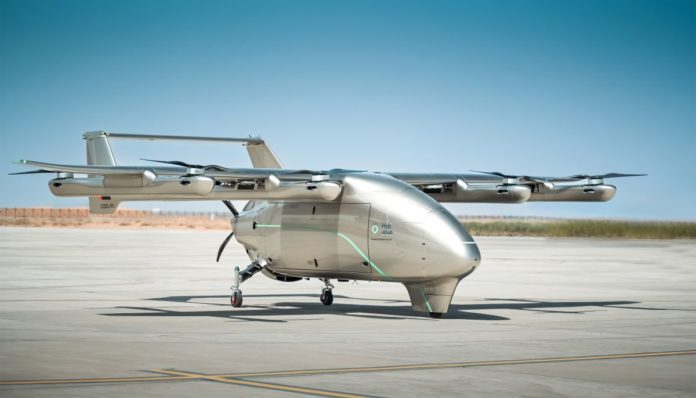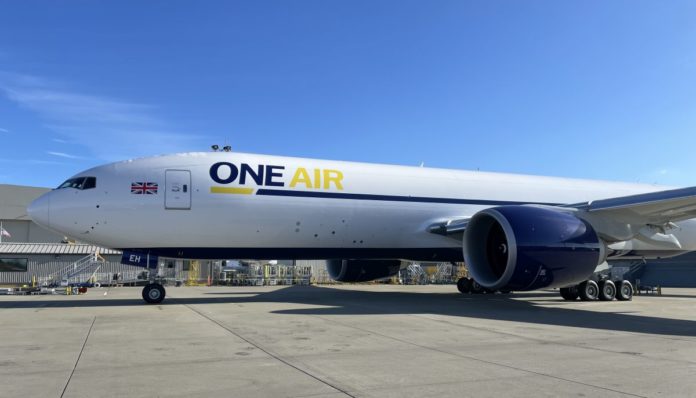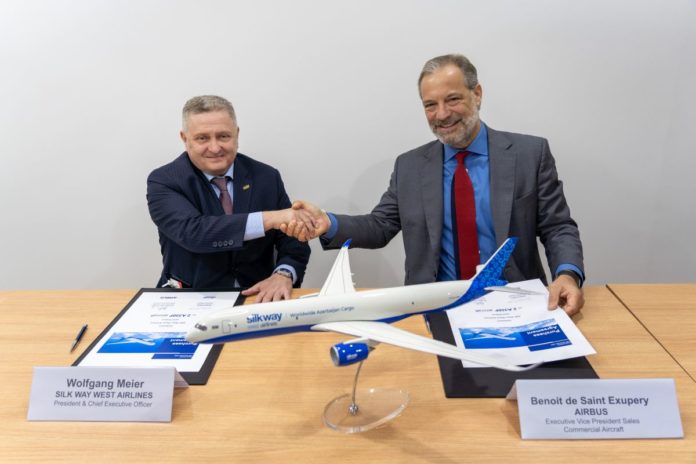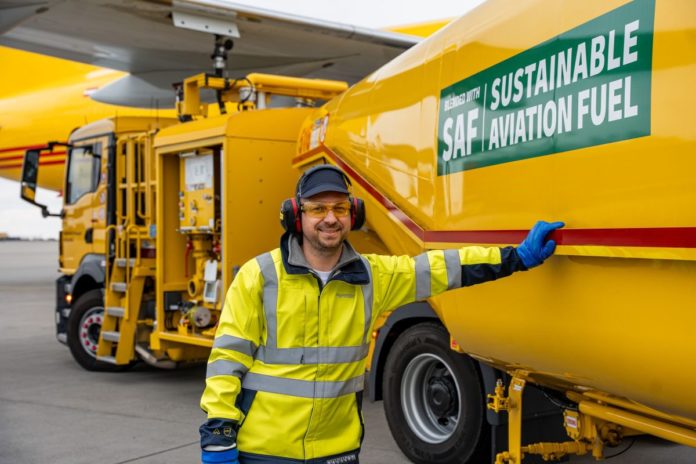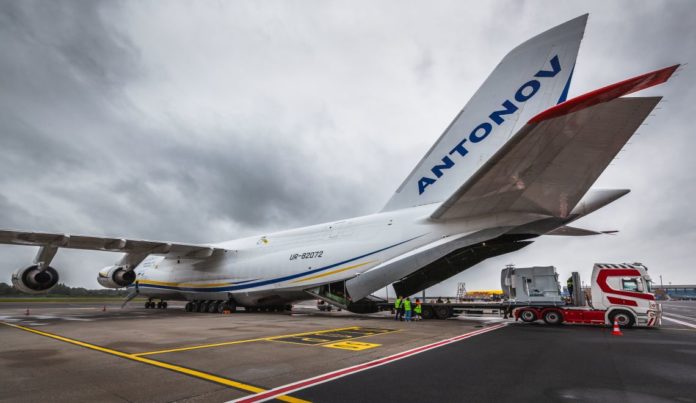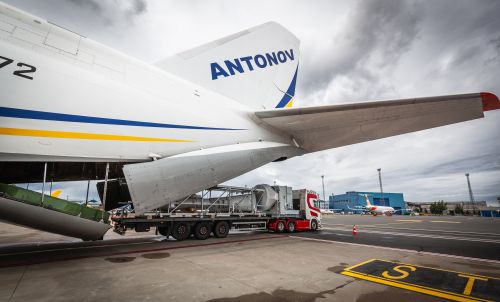Hahn Airport in Germany and Kazakhstan’s Aktau International Airport have signed a strategic partnership, focusing on the cargo sector.
The partners say that the deal has already yielded tangible results, with two freighter flights already completed, with two more to follow shortly and further flights planned.
Both airports will engage in a close exchange in areas such as technology, security, customer service, and operations for both the cargo and passenger sectors, as well as expanding trade relations between Germany and Kazakhstan.
Hahn Airport is one of the few airports in Germany with a 24/7 operating license which, it says, makes it an ideal gateway to the Middle East and Asia.
The Kazakh airport of Aktau is in the Mangystau region, the only part of the country with direct access to the Caspian Sea. The airport plans to establish itself as a transit freight hub between Europe and Asia route. Aktau offers a 24/7 customs and border control point, and a direct rail connection is planned.
Aktau International Airport general manager, Meruyert Zholdybayeva, said: “We are committed to the continuous development of our airport and are always seeking valuable cooperation partners. We are highly anticipating this new partnership with Frankfurt-Hahn Airport.”
Hahn Airport managing director and chief executive, Rüdiger Franke, commented: “Through its partnership with Aktau International Airport, Frankfurt-Hahn Airport is expanding its global network. We are very excited about the opportunities this cooperation will bring. I am convinced that both airports can support each other in many ways and will benefit immensely from our mutual exchange of expertise.”
Frankfurt-Hahn Airport, owned by TRIWO AG since 2023, has a 3,800 meter-long runway and is located in the middle of the “Blue Banana”, one economic area which stretches from Marseille via Switzerland, western Germany and Benelux to. In the first six months of 2025, Hahn Airport handled more than 50,000 tons, up 2.5% compared to the same period last year. In 2024,
Aktau International Airport opened in 1983. Growth of the oil industry in the Caspian region has increased the demand for efficient cargo and passenger transport. It has a 3,048 meters long runway and can handle aircraft of all weight classes. It offers connections to eight domestic and 16 international destinations, including Istanbul and Baku. The cargo terminal covers 2,500sq m and it also offers 24/7 customs clearance.









